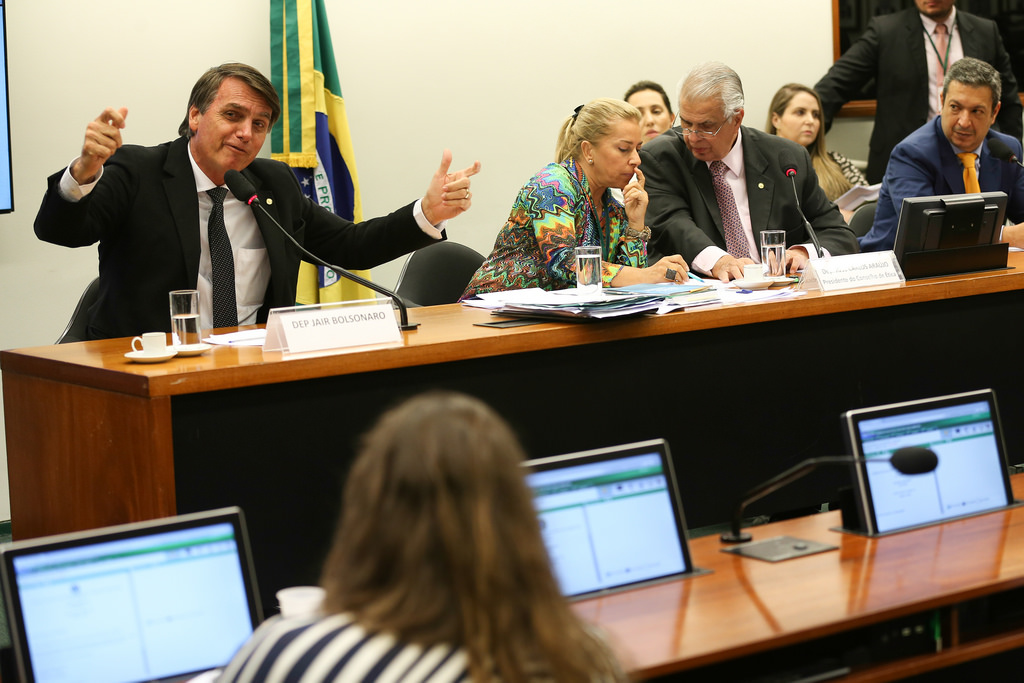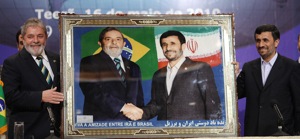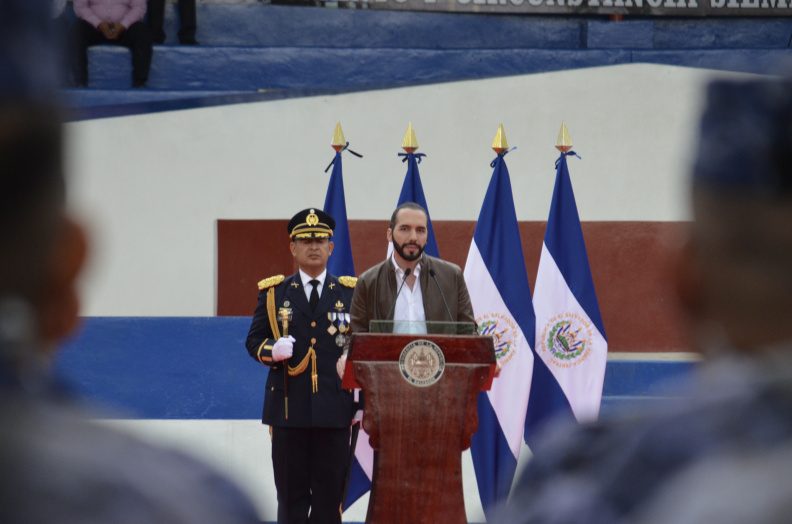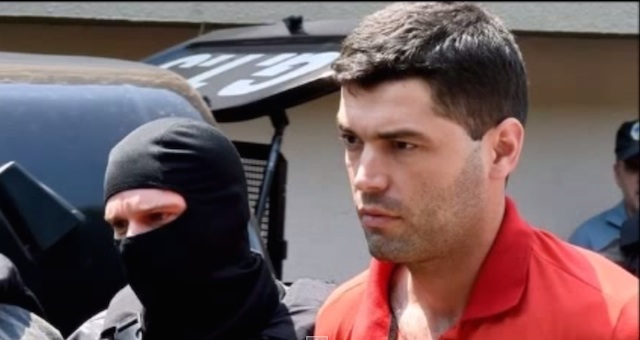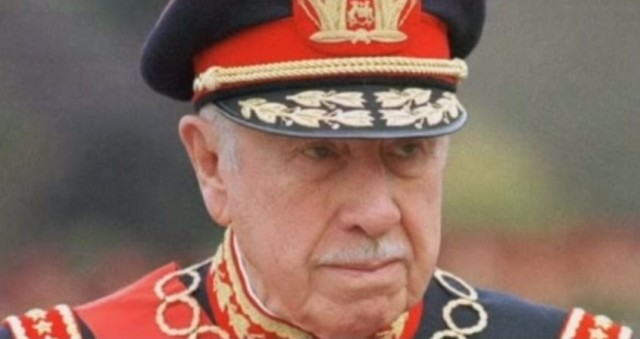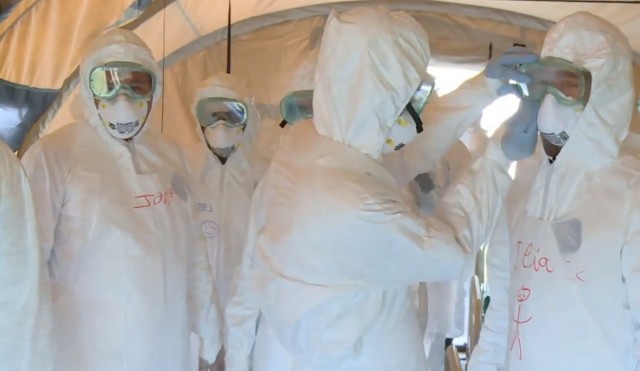
Caribbean, Cuba, Latin America: Week in Review
Latin American Ministers Will Meet in Havana to Discuss Ebola Fight
October 20, 2014 By Staff
Top Story — Top health officials from several Latin American countries are meeting today in Havana, Cuba, to discuss joint efforts to combat Ebola, as fears grow over the virus’ potential to spread to the region.
Leaders from the socialist ALBA bloc, which includes Cuba, Venezuela, Bolivia, Ecuador, Nicaragua and several Caribbean countries, will meet to coordinate efforts following unilateral travel bans by several countries in the region.
On Saturday, retired Cuban leader Fidel Castro penned a column in the Communist Party newspaper Granma touting Cuba’s anti-Ebola work in Africa. Cuba has already sent 165 doctors to Sierra Leone and plans to send nearly twice that number to Liberia and Guinea.
The head of Cuba’s leading tropical medicine institute said he expected the participating countries to pledge more aid to anti-Ebola efforts. It remains unclear whether ALBA’s ministers will also discuss other measures, like bans on air travel from affected countries, at the Monday conference.
Colombia, which is not a member of ALBA, enacted a ban last week denying entry to anyone who has recently travelled to several West African countries. Jamaica, Haiti and several other countries have made similar rules.
Public health experts worry that travel bans will hinder efforts to fight the disease’s spread, because they limit the flow of people and resources into the places where they are needed most. The rules could also encourage travellers to lie to immigration authorities, making it difficult to effectively screen for potential carriers of the virus.
Widespread adoption of travel bans would be unprecedented. The U.S. has not enforced such a measure in recent history and President Barack Obama has expressed skepticism about the proposed policy, despite demands by many in the U.S. for more restrictive measures.
In addition to calls by members of congress for bans on air travel from Ebola-affected countries, several, including a top U.S. general, have expressed worries about the virus crossing over the border with Mexico.
In his column, Castro wrote that Cuba would happily work with the U.S. against Ebola. This cooperation would not be motivated by aims to improve relations with the U.S., but instead to foster “World Peace,” Castro wrote.
The column concludes, “The hour of duty has arrived.”
Headlines from the Western Hemisphere
North America
- In the past nine months, local jails in 42 U.S. states released almost 9,000 illegal immigrants without first turning them over to Immigration and Customs Enforcement, bucking a long tradition of local cooperation with federal authorities.
- VICE News takes a look at the ongoing hunt by community police in Iguala, Mexico, for the gravesites of 43 missing students, a search impeded by threats from organized crime groups.
- Mexican authorities on Friday announced the arrest of Sidronio Casarrubias Salgado, the leader of the Guerreros Unidos gang which allegedly colluded with local police and the Iguala mayor in abducting the students.
Caribbean
- Some of the 100,000 Haitians seeking legal status in the U.S. will soon be able to await their green cards in the U.S. rather than in Haiti, under a new Department of Homeland Security program.
- New York governor Andrew Cuomo vowed to strengthen his state’s economic ties with Puerto Rico and the Dominican Republic during campaign stops Friday.
Central America
- A Honduran military general on Friday announced the acquisition of several planes and helicopters from Taiwan and Brazil, which will be used to crack down on rampant drug smuggling through the country.
- After Colombia officially designated Panama a tax haven, eliciting protests and threats of retaliation, the two countries have scheduled talks to resolve the feud.
- Heavy rains, flooding and mudslides in Nicaragua have left 22 dead and affected at least 30,000 more, many of whom have been forced to relocate to crowded temporary shelters.
- Costa Rica has confirmed the first case of the mosquito-borne chikungunya virus that originated within its own borders.
Andes
- Oil giant Chevron should not be able to back out of its pending trial in Canada’s highest court over a $9.5 billion environmental judgment issued by Ecuador, argued a coalition of human rights groups in a Friday filing, despite Chevron’s pleas that its Canadian subsidiary was uninvolved.
- Colombia’s ELN guerrillas have recently met with government negotiators as part of efforts to set up peace talks similar to those ongoing with the larger FARC, according to a video statement by the group’s leader.
- In Caracas on Saturday, President Nicolás Maduro led a march to condemn the murder of legislator Robert Serra while the beleaguered opposition held a counter-rally, its first major protest in months, a few miles away.
Southern Cone
- Argentina on Friday announced it will sell up to $1 billion in domestic bonds, a possible effort to quiet rumors about a further devaluation of its peso, which many analysts consider inevitable.
- Brazilian President Dilma Rousseff faced off Sunday against contender Aécio Neves in their third debate, sparing viewers the scathing personal attacks that marked the candidates’ earlier meetings, according to Globo’s analysis (in Portuguese).
Image: Youtube
